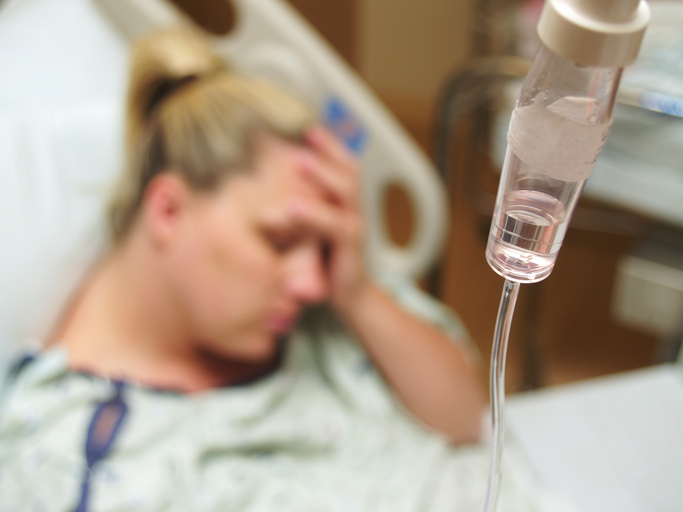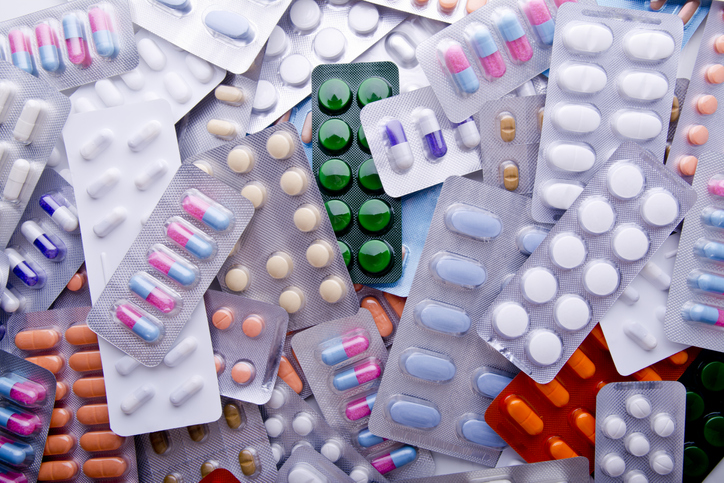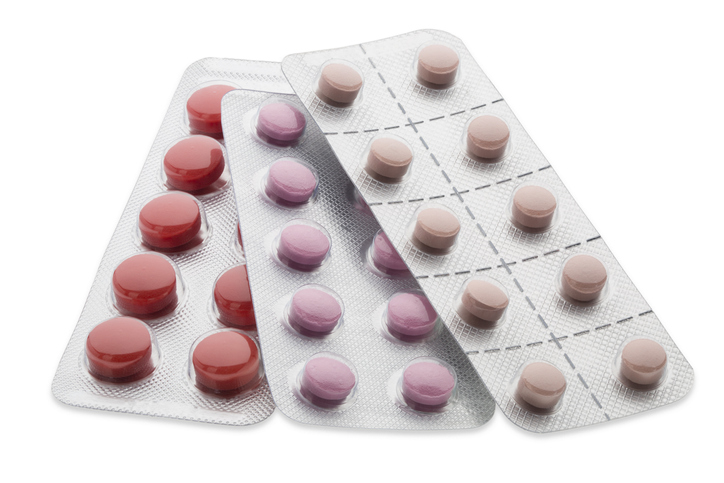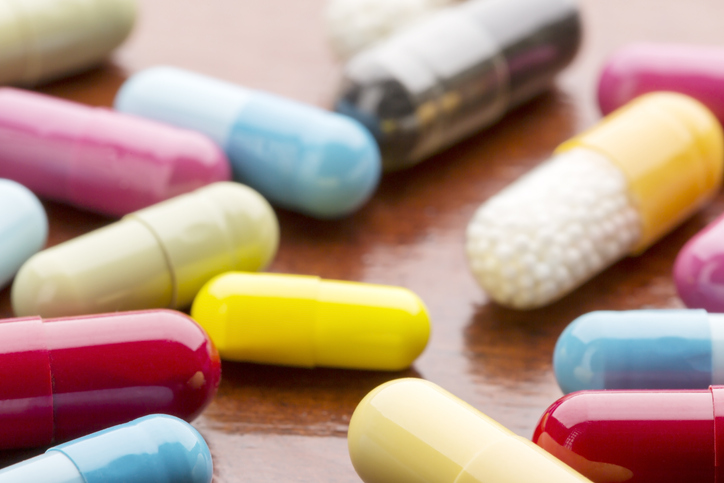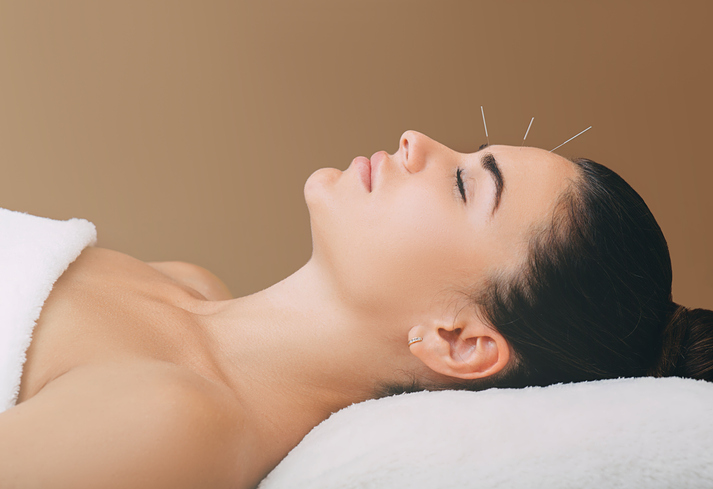Pain
Foods and Beverages That Can Trigger Migraines

A variety of triggers can lead to migraine attacks, including stress, bright lights, altered sleep patterns, and weather changes. For approximately 10 to 20 percent of people who experience migraines, certain foods and beverages can trigger an attack. Identifying and avoiding these triggers can help reduce the frequency of migraine attacks.
Possible food triggers
- Aged cheeses, pickled or fermented foods
Tyramine, a natural substance found in certain foods, is a well-documented migraine trigger. The aging and pickling process increases the amount of tyramine in certain foods and beverages. Examples include blue, feta, and parmesan cheeses, pickles, other pickled vegetables, kimchi and sauerkraut. - Cured meats
Cured meats, such as sausage, salami, and hot dogs, contain preservatives called nitrates or nitrites. When consumed, nitric oxide is released into the blood, which can dilate blood vessels in the brain and contribute to a migraine. - Certain fruits
Citrus fruits contain high levels of acid, which can trigger a migraine. Fresh fruits, such as raspberries, kiwi, pineapple, and ripe bananas, can also be triggers. - Chocolate
Chocolate contains caffeine and beta-phenylethylamine, both of which can trigger a migraine. Chocolate is thought to be the second most common migraine trigger. Dark chocolate may have more of an impact than milk chocolate. - Monosodium glutamate (MSG)
Although the food additive MSG is considered to be a traditional migraine trigger, little research exists confirming a link between MSG and migraines. MSG is found in soy sauce, meat tenderizer, barbecue sauce, salad dressing, and other processed foods. Other names for MSG include monopotassium glutamate, hydrolysed protein, and sodium caseinate. - Salty foods
Long-term consumption of salty foods can lead to high blood pressure, which is associated with migraines. Salty foods often contain preservatives, which can also be a trigger. - Chili peppers
Chili peppers may trigger a migraine attack by interacting with certain pain receptors in the brain, increasing the risk of a migraine.
Possible beverage triggers
- Alcoholic beverages
The tannins and sulfate preservatives in some types of alcohol can be a trigger for migraines. Alcohol consumption also causes dehydration, which is a factor in headache development. Red wine, beer, whiskey, scotch, and champagne are the most common culprits. - Artificially sweetened beverages
Foods and beverages containing artificial sweeteners, such as aspartame, can be triggers for migraines. Diet sodas and other low-calorie sweetened beverages frequently contain aspartame. - Caffeinated beverages
Both excessive consumption of caffeine and caffeine withdrawal can lead to a headache. Examples of caffeinated beverages include coffee, sodas, energy drinks, and certain types of tea.
Keeping a journal and recording food consumption and migraine frequency can help determine if certain foods or beverages are personal triggers. If a migraine consistently occurs 20 minutes to 2 hours after consuming a certain food or beverage, it should be considered to be a trigger.
The PainScale app offers a food journal to help individuals keep track of the foods and beverages they are consuming on a regular basis.
An elimination diet can also help identify food allergies or intolerances that may be migraine triggers.









